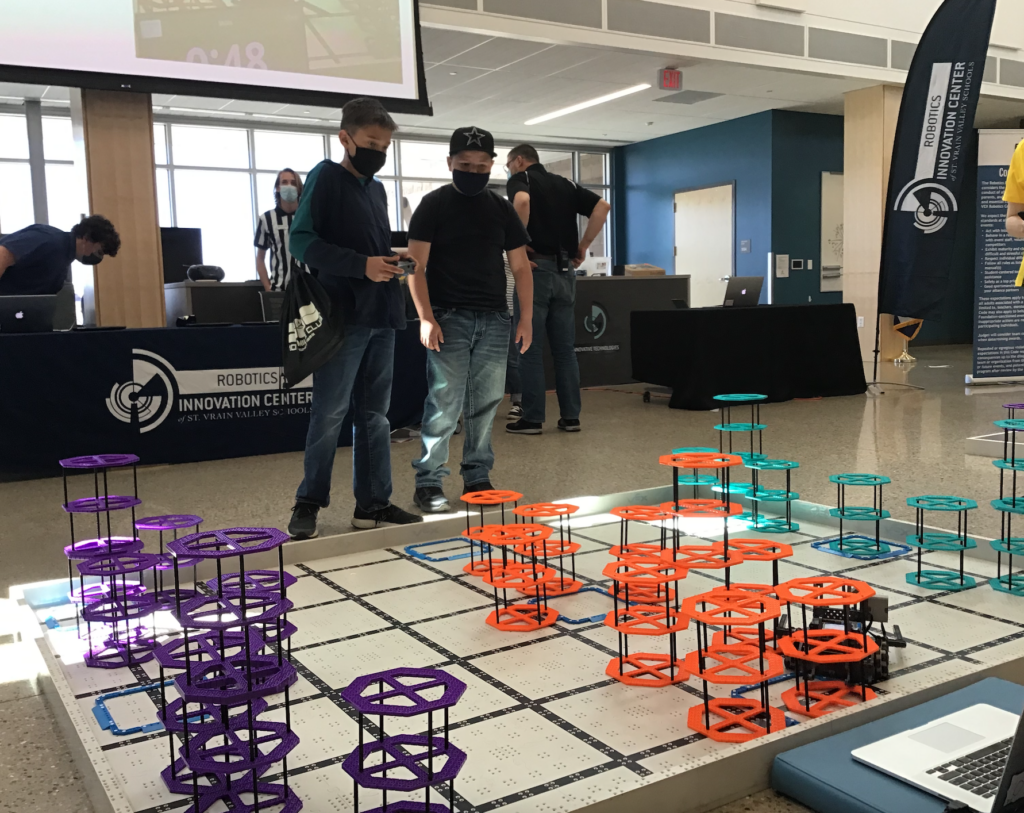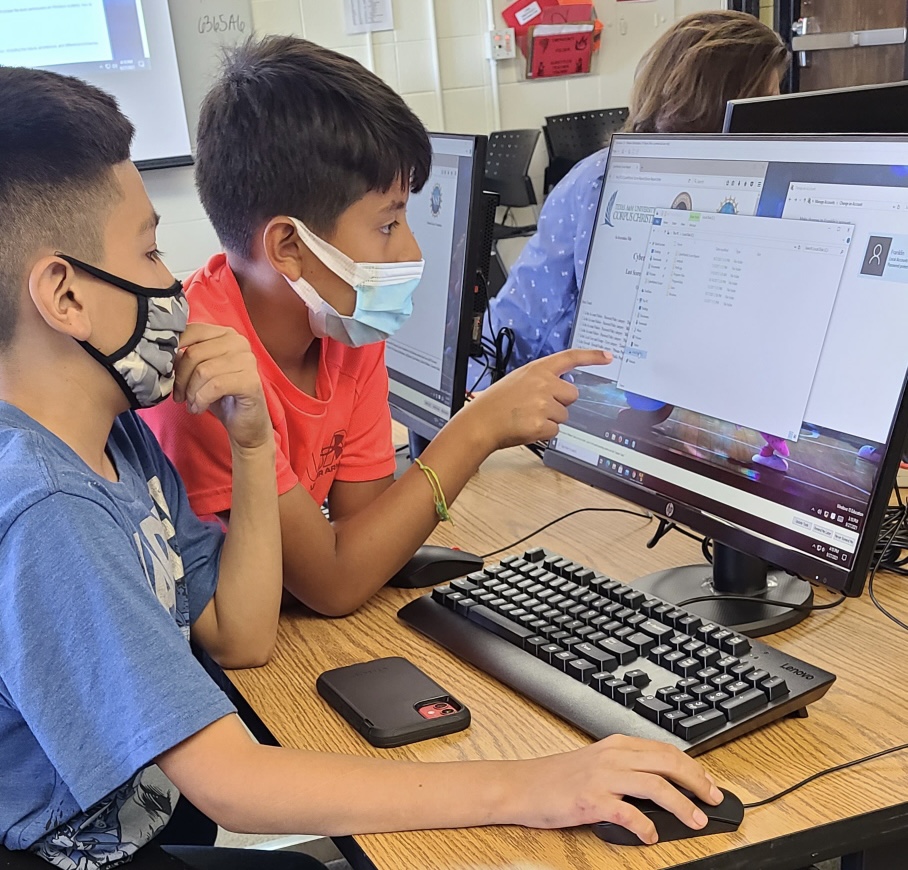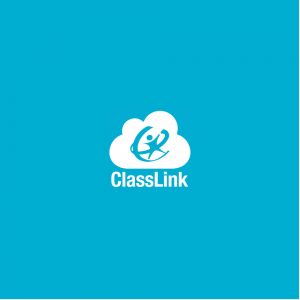Longs Peak is proud to offer STEM (Science, Technology, Engineering, and Mathematics) courses. Want to learn more about what STEM is? Click here for more information.
6th Grade Robotics
This introductory hands-on class will use the design process to build robots using the VEX Robotics Design System. Students will work in design teams of 3-4 to complete a given task and be ready for classroom competition. Beyond science and engineering principles, a VEX Robotics project encourages teamwork, leadership, and problem solving among groups. Students will also work to meet a deadline so time management and efficiency will be key components to your team’s success. We will also explore the history of robotics and take a look at possible career paths.

7th Grade Computer Science
A project based course that introduces students to the world of computer engineering and programming. Students will explore different technology tools to create music, video, art, photography. Students start by learning computational thinking strategies while learning the basics of programming through designing games. Students will also learn a variety of computer science topics such as cybersecurity, cyber art, 3D game design, creating circuits and code, and robotics. In this class students will build the skills needed to be successful in the computer science courses offered at Longmont High School.
8th Grade Computer Science
Students continue to build on topics learned in 6th grade robotics and 7th grade computer science. Students engage with more abstract elements of Computer Science. Students move from a block-based to a text-based programming language (Python) and projects throughout the curriculum become more programming-dependent. Students will build fun games, such as a Silly Name Generator, Rock/Paper Scissors /Lizard/Spock and Hangman. Students will also have the opportunity to explore using digital making tools like Raspberry PI and Arduino.
8th Grade Cyber Security
This course will be an introduction to cybersecurity: Cybersecurity is one of the fastest growing fields in the world. This class is designed to teach students to evaluate and understand security needs, including: cyber threats, network infrastructure, learn how the internet works, harden networks against attacks, including the use of the command line in Linux, cryptography, artificial intelligence, and recovery. This class incorporates a mix of simulations and other online learning tools. Students will walk away from this course with an understanding on how to defend online databases and keep information secure. Students will also have the opportunity to join the competitive CyberPatriots team.
CyberPatriots
CyberPatriot the National Youth Cyber Education Program created by the Air Force Association (AFA) to inspire K-12 students toward careers in cybersecurity or other science, technology, engineering, and mathematics (STEM) disciplines critical to our nation’s future. During competitions, students act as newly hired Information Technology (IT) professionals or system administrators tasked with managing the network of a small company. During rounds, students must locate and patch vulnerabilities while maintaining critical services. CyberPatriots is designed to teach students to evaluate and understand security needs, including: cyber threats, network infrastructure, learn how the internet works, harden networks against attacks, including the use of the command line in Linux, cryptography, artificial intelligence, and recovery.

Amazon Future Engineer Project STEM
Amazon Future Engineer is a four-part, childhood-to-career program aimed at inspiring and educating hundreds of thousands of students from underrepresented and underserved communities each year to try computer science and coding. Amazon is known for its long-term thinking style and we know that coding is the language of the future. Additionally, STEM education and computer science are ingrained into the work many Amazon employees rely on day in and day out. Amazon Future Engineer provides 100 students from underrepresented and underserved communities planning to study computer science at a four-year college or university with $10,000/year scholarships.




